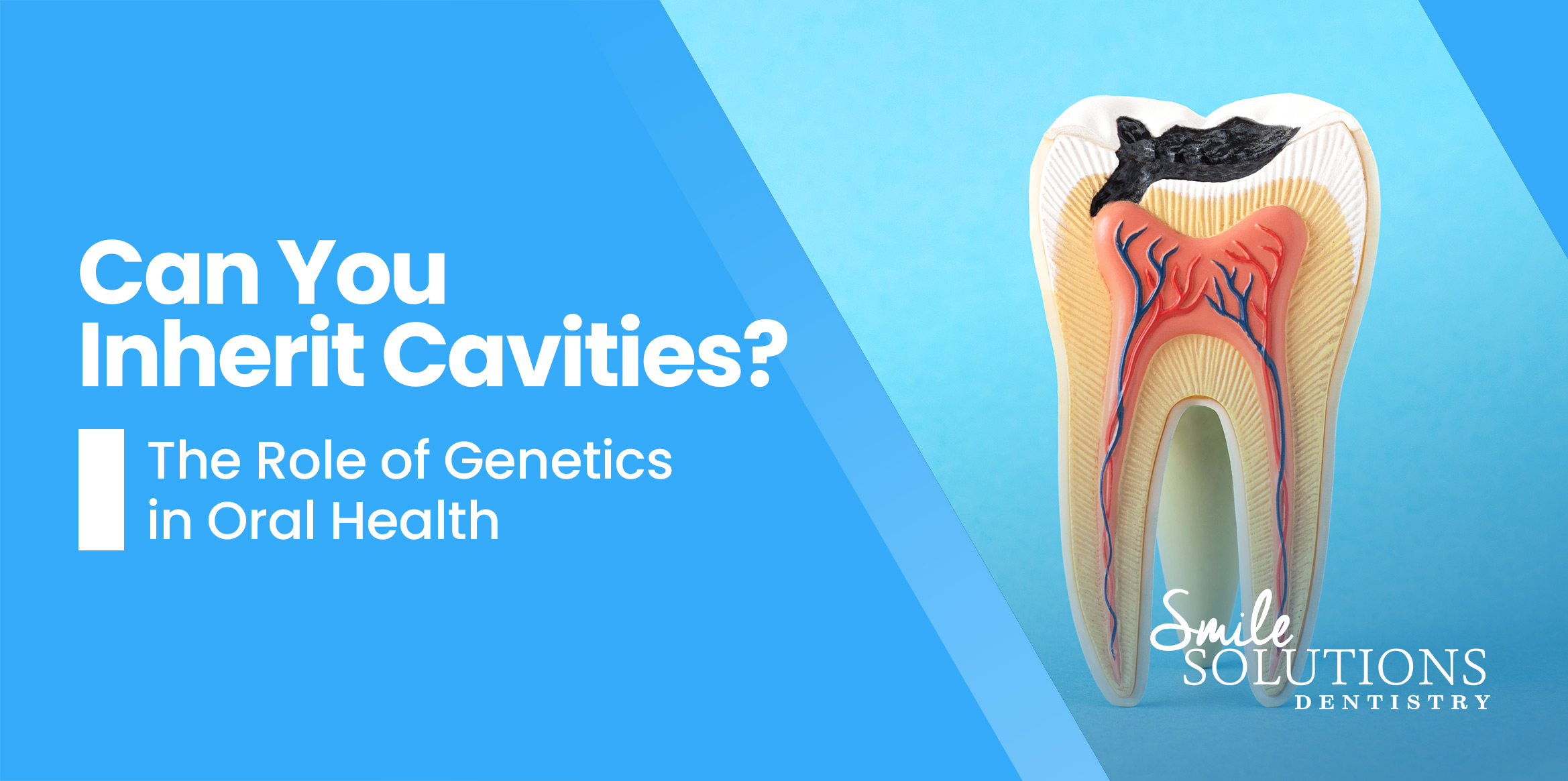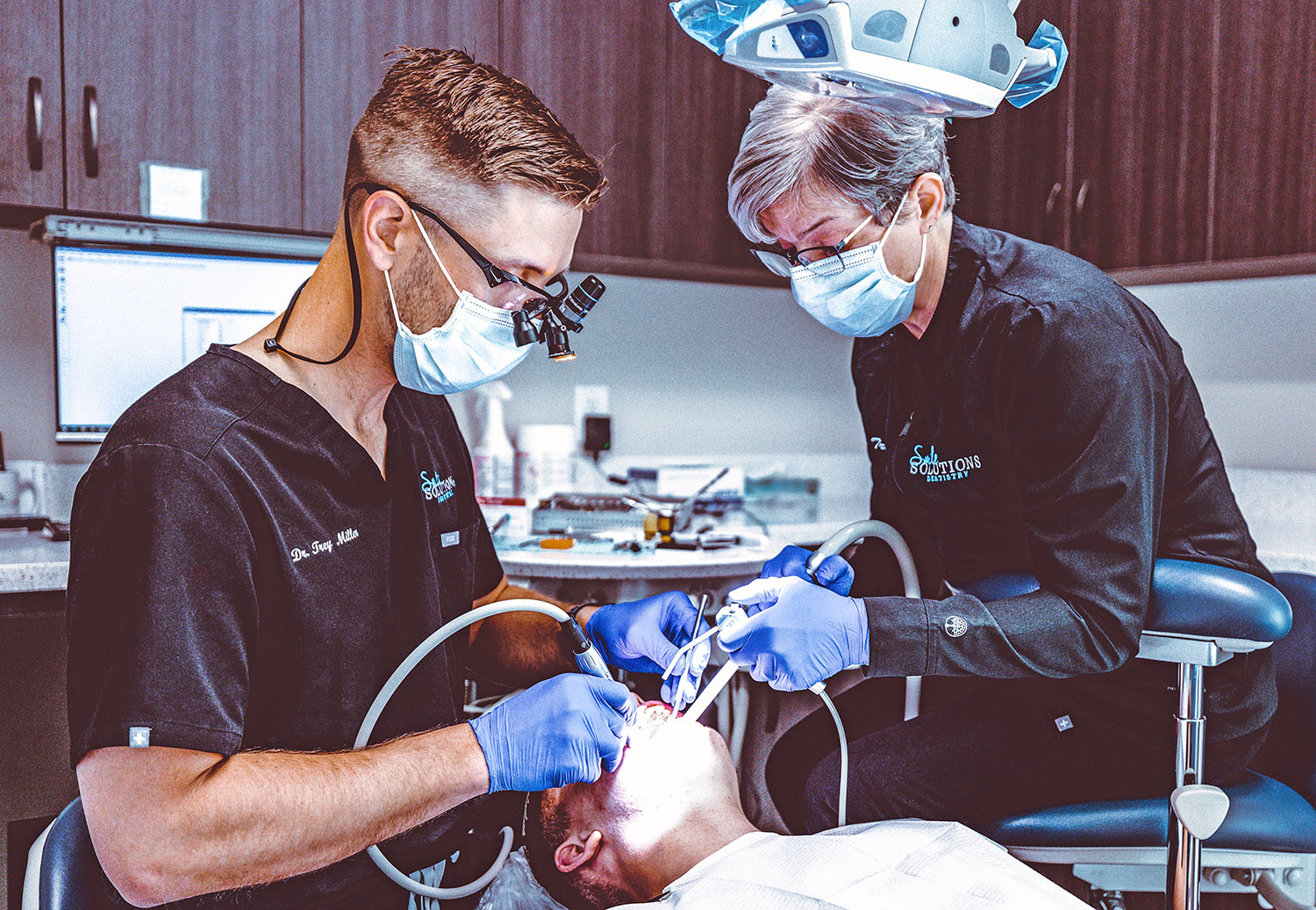The Role of Genetics in Oral Health: Can You Inherit Cavities?
When it comes to oral health, many of us are diligent about brushing, flossing, and making regular visits to the dentist. But despite these efforts, some people seem more prone to cavities than others. This raises an intriguing question: Can you inherit cavities? The answer lies in the fascinating intersection of genetics and oral health.
The Genetic Component of Cavities
Cavities, also known as dental caries, are primarily caused by the interaction of bacteria in the mouth with sugars from our diet. However, not everyone is equally susceptible to cavities, and genetics play a significant role in determining this susceptibility.
Tooth Structure and Enamel Strength:
Genetics influence the composition and strength of tooth enamel, the hard outer layer of your teeth that protects against decay. Some people inherit genes that result in stronger, more resilient enamel, while others may have enamel that is more porous or thin, making it easier for cavities to form.
Saliva Production and Composition:
Saliva is crucial for maintaining oral health because it helps neutralize acids, wash away food particles, and fight harmful bacteria. Genetic factors can affect both the quantity and quality of saliva production. For instance, certain genetic conditions may lead to reduced saliva flow, increasing the risk of cavities.
Bacterial Flora in the Mouth:
The type and amount of bacteria present in your mouth can be influenced by genetics. Some people naturally harbor higher levels of cavity-causing bacteria, such as Streptococcus mutans, due to inherited traits. This can lead to a higher likelihood of developing cavities, even with good oral hygiene.
Sugar Metabolism:
How your body metabolizes sugar is also partly determined by genetics. Individuals who metabolize sugar more efficiently may have a lower risk of developing cavities, while those with a slower metabolism may be more prone to the harmful effects of sugar on their teeth.
Nature vs. Nurture: The Environmental Impact
While genetics play a crucial role in determining your susceptibility to cavities, environmental factors and personal habits also significantly impact oral health. Diet, oral hygiene practices, and regular dental care can help mitigate genetic predispositions.
For example, someone with a genetic tendency toward weaker enamel can still maintain good oral health by being extra vigilant about their dental care routine, including using fluoride toothpaste and limiting sugary foods and drinks.
Managing Genetic Risk
If you know you have a family history of cavities, it’s essential to take proactive steps to protect your teeth:
Maintain a Rigorous Oral Hygiene Routine:
Brush at least twice a day with fluoride toothpaste and floss daily.
Visit Your Dentist Regularly:
Regular check-ups can help catch cavities early, especially if you’re genetically predisposed.
Consider Sealants:
Dental sealants are a protective coating applied to the chewing surfaces of the back teeth, where cavities are most likely to develop. They can be particularly beneficial for those with a higher genetic risk.
Stay Hydrated:
Drinking plenty of water helps stimulate saliva production and wash away food particles and bacteria.
Conclusion
While you can’t change your genetic makeup, understanding the role of genetics (and epigenetics) in oral health can empower you to take control of your dental care. By combining good oral hygiene practices with regular dental visits, you can help mitigate the impact of your genetic predispositions and maintain a healthy, cavity-free smile.




